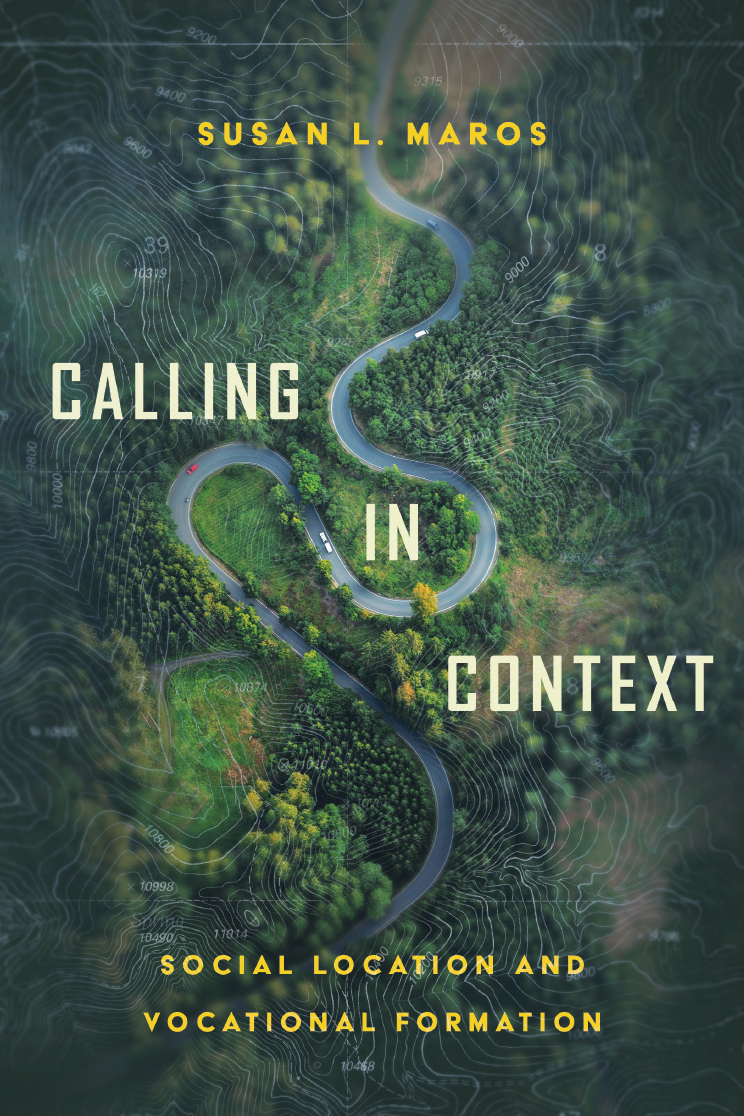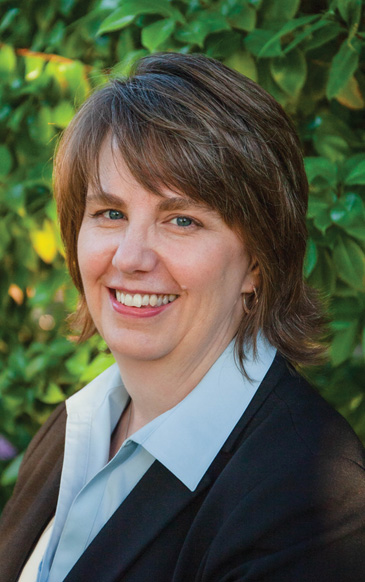A Conversation on Vocational Formation with Susan Maros
Susan Maros's book Calling in Context flows from her years of teaching in vocational formation, wrestling alongside her students with big questions about calling and social location. In this interview, she shares some misconceptions many people believe about vocation and tips for moving forward in the discernment process.
What are the biggest misconceptions we bring to the topic of calling? What do we need to "unlearn"?
Susan Maros: I often see two major misconceptions about calling: first, that discerning vocation is exclusively about an individual determining their career path, and second that knowing one's calling is a one-time, trajectory-setting revelation. A third common misconception has perhaps decreased in strength but is still around: that calling is exclusively for the pastor or missionary, not for "ordinary" people.
The disorientation and disruption that comes with times of crisis and rapid change (as we've been going through) offer an opportunity for a kind of reset. There is so much that is already deconstructed, that barriers to considering a different perspective about vocational formation are potentially lower. In times of crisis especially, we yearn to make sense of our lives and experiences. Thinking in terms of the invitation to participate with God's work in the world can be part of making meaning out of the challenging circumstances we encounter in this season.
What do people say when they hear you've written a book about calling—things they're wrestling with the most, burdens they're bearing, hopes they have?
Maros: The question I get most is, "Oh, you're going to tell us how to know our calling?" The second is, "Are you going to tell us the biblical model of calling?" I hear people anxious about missing God, as if somehow calling is a test they have to pass. I also hear people anxious about the decisions ahead of them. There is an unspoken assumption that any wrong turn will be a disaster, as if, somehow, God requires perfect choices from us to bless or use us to make a difference.
Obviously people should read your book. But do you have other reading tips for people when they're pondering vocation?
Maros: Biographies are one source of reading I particularly recommend. I especially recommend reading the stories of people who are not a part of one's faith tradition or cultural background. Sometimes, hearing the story of someone with different experiences from our own can help us reconsider the assumptions we have about the ways God works in people's lives.
I also recommend reading authors who write about contemplative spirituality. Calling is often cast in active terms: we're seeking to identify what we're supposed to do. Drawing from the experiences of contemplative writers and engaging in contemplative spiritual practices can help ground us in a spirituality of being that is at the root of any life-long engagement with God's work in the world.
Is there anything from the writing process of this book that has stood out as especially important or surprising to you?
Maros: The amount of inner work that was necessary while writing this book caught me by surprise. I'd been thinking about calling and social location for years so, in theory, writing was supposed to be just recording what I had already thought through and engaged with students. But that wasn't the case in the actual experience. A colleague asked me if the labor might be due to the kind of book this is, and if I might have found writing a different kind of book to require less emotional and spiritual labor. That question was helpful because it provoked me to realize I wouldn't have wanted to write a different kind of book! This is the book that comes from my heart.
What's next for you? How can we cheer you on and pray for you?
Maros: Interestingly, writing this book has sharpened my sense that there is a new season coming for me vocationally. I am engaging in my own vocational formation as I seek to discern where God is leading me next. Some possibilities are opening but I currently do not have clarity. So, I practice what I preach and trust that, as I respond and the next faithful step ahead of me, God will lead me into the next season.
This interview originally appeared in the IVP Academic catalog. Sign up to receive the catalog to be the first to discover new academic books and author interviews.





